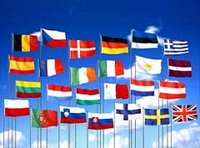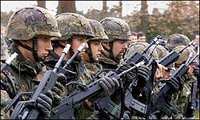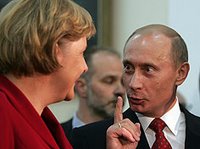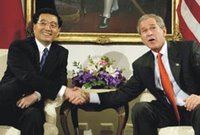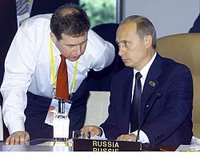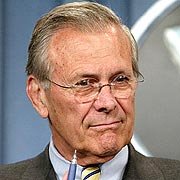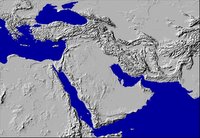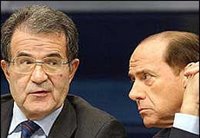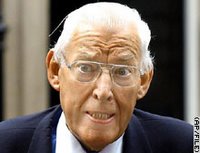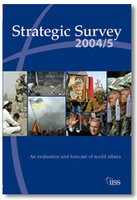A Modern Monarchy
 For some, monarchies might look somewhat anachronistic in our modern world.
For some, monarchies might look somewhat anachronistic in our modern world.But the reality is often different. And Sweden is certainly a case to that point.
That's been very obvious these days as we have been celebrating the 60th birthday of King Carl XIV Gustaf.
It's been somewhat hectic.
A major private party at Drottningholm Castle yesterday - well, into the very early hours of today. Truly great party! And then a big official luncheon in Stockholm City Hall given by the Parliament and government.
Tonight there is a more formal dinner at Stockholm Palace, but I'm not there. I'm at more traditional Swedish celebration of the arrival of spring. A remnant, I would guess, from long gone pre-Christian days.
Carl Gustaf become king at the age of 27 in 1973. His grandfather - the previous king Gustav VI Adolf - had died the evening before the general election of that year. As a very young man, Carl Gustaf had to take the throne in a age of uncertainty and a mood of radical changes.
The role of the head of state was also changed into a more ceremonial one as the new constitution come into force in 1975.
Much has happened since then, and today there are hardly any divided views on the way in which the king has been performing his role as head of state. It is fair to say that he is widely both respected and popular.
Presidential system are not necessarily bad, but there is no doubt that it has a value when it is possible to keep the institution of monarchy and make it comptible with all the institutions and princples of modern democratic governance.
Sweden has succeeded.
And a lot of the credit undoubtedly goes to King Carl Gustaf.
In addition, he's a truly decent and nice guy.
Congratulations!

